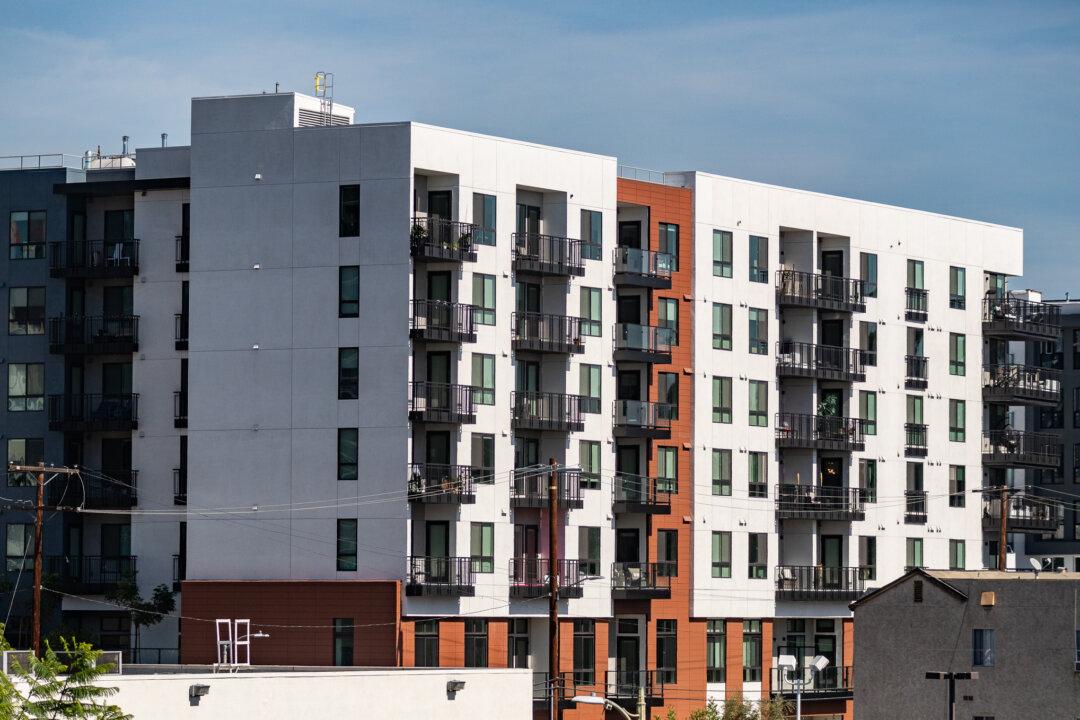LOS ANGELES—Two landlord groups asked a Los Angeles County judge this week to put a stop to the county’s extended COVID-19 residential eviction moratorium, saying the rules were unconstitutional.
The county’s Board of Supervisors voted on Jan. 25 to extend the eviction moratorium in three phases, leaving some protections in place until the end of June 2023. California’s eviction moratorium ended in September.





